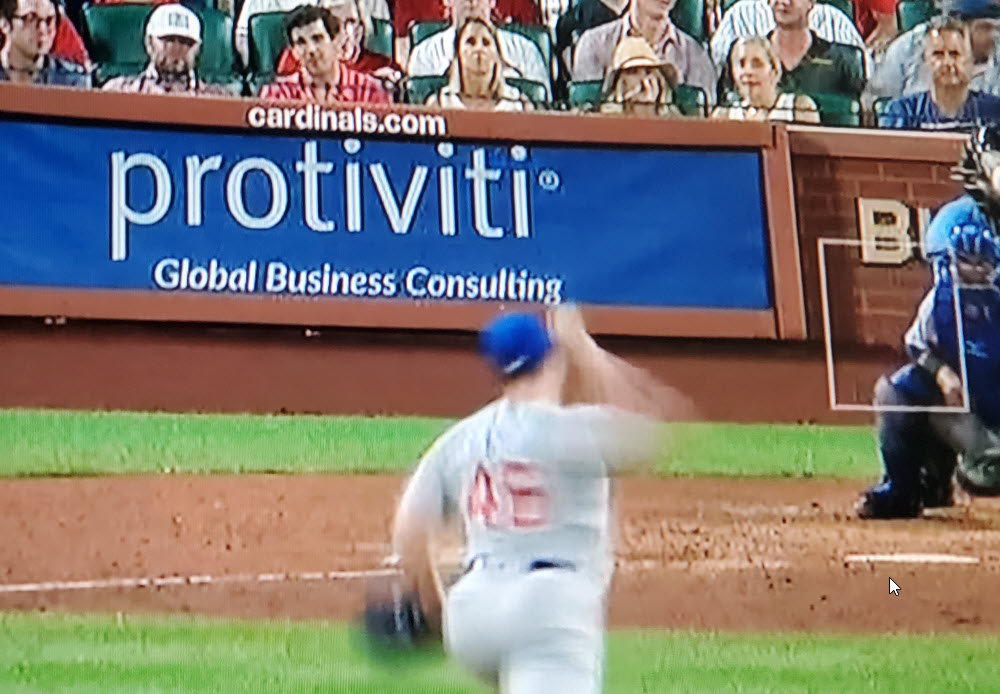If you think the fall of BlackBerry could have been prevented because it failed to act quickly on new technologies and fend off Apple’s, iPhone, it’s time to turn back the clock and look closer at its fast rise to $20 billion in annual revenues along with the issues the two brilliant founders of RIM faced as its business model started showing cracks in its foundation. The best place to start is the book, Losing The Signal.
Interview Highlights with Sean Silcoff
- A shoutout to Howard Green who is included in the Praise section of the original edition of Losing The Signal
- The time it took to research and write this book along with the many hours the two founders of RIM provided the authors
- The three questions answered in Losing The Signal … it’s not just about the fall of BlackBerry
- The fascinating origin story of how the two founders met along with their unique backgrounds
- Mike was the technical boy genius, and Jim was the finance guy who possessed drive, ambition, uncanny negotiating abilities
- The role of Larry Conlee in the early days and his eventual departure
- The Protivity Report – what, why, and its reception
- The weak talent of RIM’s board of directors
- Patent trolls and how one civil patent case started to create a wedge between the two founders
- Stock options backdating
- Could the downfall have been prevented?
- “They were greater innovators, but terrible followers.”
- The relevancy of BlackBerry’s rise and fall today
- I respect the two founders and admire their accomplishments – but I would never tell them, “You should have done this, or you should have done that.”
- Even if you flawlessly apply all of Sun Tzu’s principles in The Art of War, you might win many battles, but lose the war (sorry, no spoilers)

A Reader’s Perspective
I like reading books on business failure. I find these books both informative and instructional because each failure has a story behind it. A few of my favorite titles in this narrow genre include:
- Good to Great to Gone (Circuit City) by Alan Wurtzel is one of my favorite books in this category. Each chapter forces the business student to ask, “What would I have done differently?”
- Built to Fail (Blockbuster) by Alan Payne is one of the best books I’ve read in 2022, and the author has been on our show. Netflix did not kill Blockbuster. Instead, each new leadership team that took over was the cause of its demise.
- The Big Store (Sears) by Donald Katz was the book that Bernie Marcus (The Home Depot co-founder) wanted all of his people to read.
And then there’s Losing the Signal by Sean Silcoff and Jacquie McNish. I find it far too convenient to lump this book about business failure with the others. The RIM founders were intelligent. They changed business culture around the world in the way employees of all walks of life handled their email inside and outside the office (for better or for worse).
After reading and listening to the book twice, I have some very very strong takeaways, and many of these are based around the fall of BlackBerry:
- I’m naturally biased toward highly-intellectual founders, leadership teams, and their cerebral-oriented Boards, but intelligence does not guarantee success in any marketplace.
- Just because you used to make the rules doesn’t mean someone down the road can’t make the rules later – props to Sean Silcoff for this takeaway.
- Don’t gloss over corporate governance. The lack of it can tear people apart (I’m especially addressing the backdating of the stock options).
- If Silicon Valley doesn’t get it right the first time, watch out when they keep trying.
- Sometimes customers are right – it helps to listen to them.
- Don’t forget vendors. They are fickle too. They also set rules. Be mindful when they start easing up on the rules they created (or ignoring).
- I love Rite McGrath’s, Seeing Around Corners. Even if you have x-ray vision to see through corners, changing long-held mindsets and opinions is hard to change.
- Sometimes, failure is inevitable.
- Does the Board of Directors ever make a difference? If you are looking for the answer, you will not find any in this book.
- The book further solidifies the wisdom of having more than one founder, especially when their unique abilities do not overlap. However, those relationships need to be cultivated, especially as they age.
- Brad Chase is right when it comes to strategy. A big bet precedes every strategy. I cannot agree with this more after reading this text for a second time.
- Perfect storms exist in business, I’m convinced of it. Re-listen to Sean’s comments starting at 38:10 as he nails exactly how the foundation started crumbling.
Overall, this book flows. Sean and Jacquie provide biographical sketches of the early years of each of the founders. We learn how the founders were introduced to one another. One of the best sections of the book is the chapters on the fast growth of the company. I’m still having a hard time comprehending how this company could deliver on the demand for its product–remember, they were a hardware company doing its own manufacturing, not a software shop.
This book is easily a five-star book. If possible, this is a great book club title to discuss with others along the way. After you read it, please answer this question … what could Mike and Jim have done differently to have prevented the fall of BlackBerry? I’m convinced some of the greatest business minds would have difficulty in answering this question. Sure, there is a textbook answer, but there are too many arguments to throw at the textbook you are referring to.
I will not give you my answer, but I’ll give you a hint. One has to start with the study of human nature and the way the combination of great minds makes decisions that impact the future. As I stated on the podcast, studying the reasons behind the BlackBerry failure is nuanced.
Protiviti Strikes Again
One of the pivotal time periods during RIM’s history which started driving a wedge between the two founders was the stock options scandal which involved backdating. A settlement agreement with the Ontario Securities Commission called for the outside consulting firm Protiviti to analyze the company’s leadership practices.
A 72-page draft created by Protiviti was far from flattering (page 161 of Losing the Signal). The consulting firm also assessed the work of the board where they stated, “There has been some hesitancy for directors to question or challenge management (page 162).”
I found this section in the book far too fascinating to ignore during the interview. Accordingly, what are the odds of seeing an advertisement on an electronic advertisement the very minute I flip on a game between the St. Louis Cardinals and the Chicago Cubs a couple of hours after dropping this show on our podcast platform? Fascinating.

More on Sean Silcoff
I was once interviewed for a webinar hosted by NetSuite. They wanted to learn more about the backstage of the CFO Bookshelf podcast. That meant learning how we find guests, how we structure interviews, and some favorite stories about the first two years of the show. If only that interview would have been after my visit with Sean Silcoff.
I continue to be awed by best-selling authors who are busy yet generous with their time. I cannot count the number of authors who have stuck around twenty, thirty, or forty minutes to visit after an interview.
In Sean’s case, we met one hour the week before our interview, and I felt I got more out of that pre-interview than he did. Sean is still a full-time journalist, so I was concerned about taking up too much of his time. I think he ignored my worry because our podcast conversation was nearly an hour long. And, he hung around another fifteen minutes making sure everything sounded good. In short, this guy is a class act. I will supply him baseball tickets for life if he’s ever around Missouri wanting to check out the Royals or the Cardinals.
If you want to follow Sean’s work, here are some links:
From Book to Movie
It’s official, the book is being turned into a movie. I cannot wait to see it.
One of the most thought-provoking novels I’ve ever read is 11/22/63: A Novel, by Stephen King. The author explores through fiction what would happen if one of the most tragic events in American history never happened.
When I heard about the new movie on the RIM founders, I had a similar question–what if BlackBerry had not crashed? What if the founders had not split? What if Apple is still playing catchup with the all-powerful BlackBerry whose features rival the iPhone?
Like King’s work of fiction. We’ll never know. Plus, would we like the outcome?
Books Mentioned on the Show
If you listen to the CFO Bookshelf podcast, you know that one of my favorite questions is asking guests what they are reading and what their favorite books are. Sean did not disappoint in his response, and I’ve already bought a couple of his suggestions:
- Lights Out by Thomas Gryta
- The Cult of We by Eliot Brown and Maureen Farrell
- Bad Blood by John Carreyrou
- Barbarians at the Gate by Bryan Burrough
- Gabler on Disney by Neal Gabler
- The Rise and Fall of American Growth by Robert Gordon
- Indecent Exposure by David McClintock and James Stewart
- The Big Score by Jacquie McNish
May I ask a favor? If you like the show, please leave a rating wherever you listen to the show.

Leave a Reply